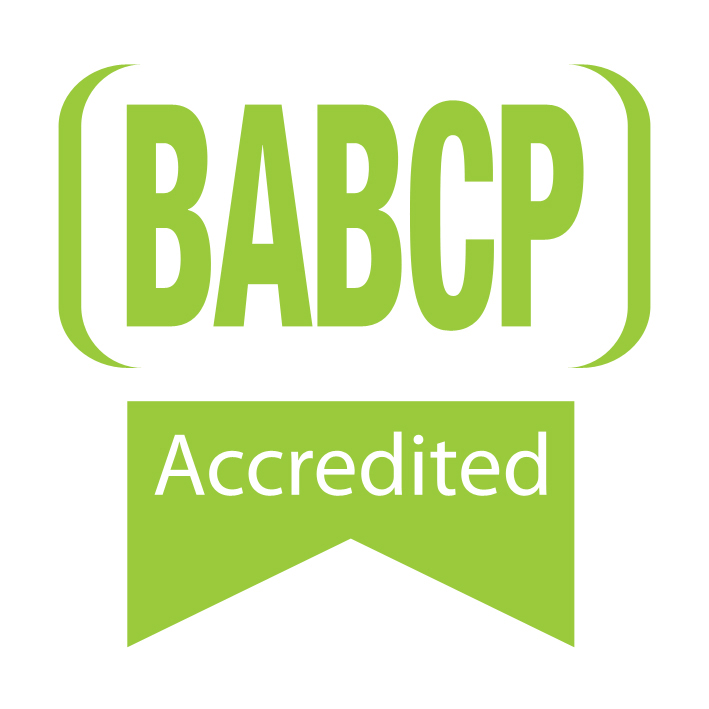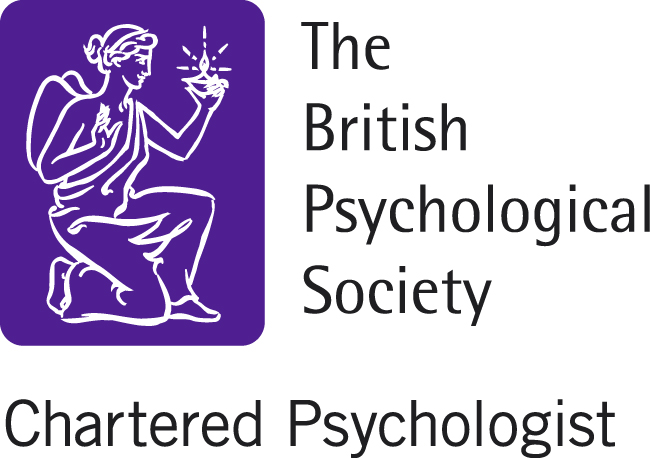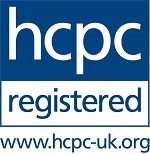Cognitive assessments of learning or memory difficulties
We offer online and face to face assessment of cognitive ability (IQ testing) and diagnosis of learning disability (LD) or intellectual disability (ID) for children, adolescents, and adults. In the USA and the UK this used to be known as ‘Mental Retardation’. The assessment is usually conducted from home via video-conferencing on your computer.
A learning disability or intellectual disability is characterised by significant cognitive deficits (a global IQ score of less than 70) and significant difficulties with adaptive functioning (activities of daily life). By conducting a thorough assessment of your intellectual ability and adaptive functioning we can provide a picture of your specific strengths and difficulties (e.g. with working memory, processing speed, verbal skills or visual spatial skills). We can then tailor advice and support specific to your difficulties.
The assessment process is in keeping with the UK National Institute for Health and Care Excellence (NICE) guidelines and the tools used in the assessment are evidence-based.
As a team we have lived and worked abroad in several countries and continents. We know some of the challenges that can come with expat living the unfamiliar healthcare systems the different education programmes the diverse ways that physical, mental and developmental conditions can be viewed, assessed, diagnosed and treated. It is important to us that our assessment process is in line with that recommended in the UK, USA, Canada, Australia and New Zealand, so that you can feel sure that the results will be transferable. This may be particularly important if you are planning to relocate between countries or to return to live in your native country in the future.

The assessment process consists of four appointments:
- An initial consultation appointment of 60 minutes to gather background information and ascertain whether a full learning disability assessment or a more targeted cognitive assessment is indicated. At this point any supporting evidence such as school or college reports will be sought. Following the initial consultation, questionnaires will also be completed by the client and / or their parent / carer.
- A 90-minute full clinical interview (preferably with a parent / carer, partner or family member of the person being assessed for LD). The Vineland Adaptive Behaviour Scales (Vineland – 3) will be used where appropriate.
- A 60-120 minute online session with the person being assessed for LD. The assessment will use either the Wechsler Intelligence Scale for Children (WISC-V) or the Wechsler Adult Intelligence Scale (WAIS-IV) depending on the age of the client.
- A 60-minute feedback session to discuss the findings of the assessment. A detailed, individualised assessment report will be provided outlining the outcomes of the assessment and subsequent recommendations.
The assessment is conducted by clinicians who are accredited to use the above-mentioned assessment tools. Learning Disability is diagnosed in accordance with DSM-V and ICD-10 criteria.
Post-Diagnostic Support
The 60-minute feedback session and assessment report will detail our professional understanding of your / your child’s strengths and needs. The report will include recommendations for the individual, family members, school / university and or employers where applicable. The report is a confidential document and as such it is up to you whether you choose to share the report with other services or family members.
The report and feedback session will also include advice on where to seek further information and support. This might include details regarding support groups or useful websites and organisations.
Further sessions with our team could be agreed to work on specific issues such as advice and strategies for the client and / or their family in managing specific behaviours or comorbid mental health difficulties associated with intellectual / learning disability such as anxiety, attention deficit hyperactivity disorder (ADHD) or TICS / Tourette’s. Assessment and diagnosis of these conditions can also be provided by our team.
Is there therapy for learning disabilities?
We do not treat intellectual / learning disability itself with therapy. However, many people find that they benefit from some input to address comorbid difficulties such as anxiety, low mood, anger and challenging behaviour. In our team a clinician experienced in working with clients with LD can offer Cognitive Behaviour Therapy (CBT) tailored specifically to the needs of the client or their family.
We also offer social skills training for both adults and children with LD. This is a structured course of sessions teaching social skills that could be useful when negotiating social situations, making new friends, preparing for job interviews, dealing with misunderstanding or conflict and gaining a deeper understanding of emotions, both in yourself, and others.
We also provide psychoeducation sessions for parents, carers or partners of those with LD. These sessions aim to help you to understand LD and to provide effective strategies for supporting your family member with difficulties such as communication, sensory sensitivities, overstimulation, changes to routine, sleep difficulties, social difficulties and anxiety. Many people with LD experience what they describe as ‘emotional meltdowns’. We can share strategies with family members and the client for managing these episodes and other behaviour that challenges.
We can provide signposting and advice around therapeutic aids such as weighted blankets and noise cancelling headphones, and the use of social stories and comic strip conversations. We can help families to better understand common LD behaviours and their links with communication difficulties and subsequent frustration.
Where do you see people?
We specialise in helping people online by videoconference call so our clients can be located anywhere in the world. We also may be able to meet in person, either in the UK, or elsewhere in Europe. If you require us to come to you, please contact us for details. Many of our clients are English speaking expats who are unable to access diagnostic and treatment options in their host country.
Useful organizations
Beyond Words
booksbeyondwords.co.uk
Books Beyond Words is a charity providing books for people who don’t like written words, but read through pictures. They share simple messages through stories using coloured pictures. Topics include going to the doctor, bereavement, sexual abuse and depression. Some of the titles are available online.
Equality Advisory Support Service (EASS)
0808 800 0082 (helpline)
0808 800 0084 (textphone)
equalityadvisoryservice.com
Advice on issues relating to equality and human rights, including guidance for disabled people.
Mencap
0808 808 1111 (Learning Disability Helpline)
mencap.org.uk
Information and advice for people with a learning disability, their families and carers. Services include an online community.
Respond
0207 383 0700
respond.org.uk
Services for people with a learning disability, autism or both, who have experienced abuse or trauma.
Real Life Options
01977 781800
reallifeoptions.org
Social support and care for people with a learning disability. Includes supported living and residential care.
Scope
0808 800 3333
scope.org.uk
Practical information and emotional support for disabled people.
Foundation for People with Learning Disabilities (FPLD)
learningdisabilities.org.uk
Promotes the rights of people with a learning disability, and their families. FPLD also offer an easy-read online resource to help people with a learning disability to take care of their mental health.
Turning Point
turning-point.co.uk
Health and social care services in England for people with a learning disability. Also supports people with mental health problems, drug and alcohol abuse or unemployment.
United Response
unitedresponse.org.uk
Support in England and Wales for people with a learning disability, mental health needs and physical disabilities. Services include help with housing, supported living, education and employment.
Carers UK
0808 808 7777
029 2081 1370 (Carers Wales)
carersuk.org
Advice and support for anyone who provides care.
CHANGE
changepeople.co.uk
Helps organisations to support the rights of people with a learning disability. Its services include producing Easy Read resources and providing accessibility training.
References:
NICE, (2015). Challenging behaviour and learning disabilities: prevention and interventions for people with learning disabilities whose behaviour challenges. London: NICE.









